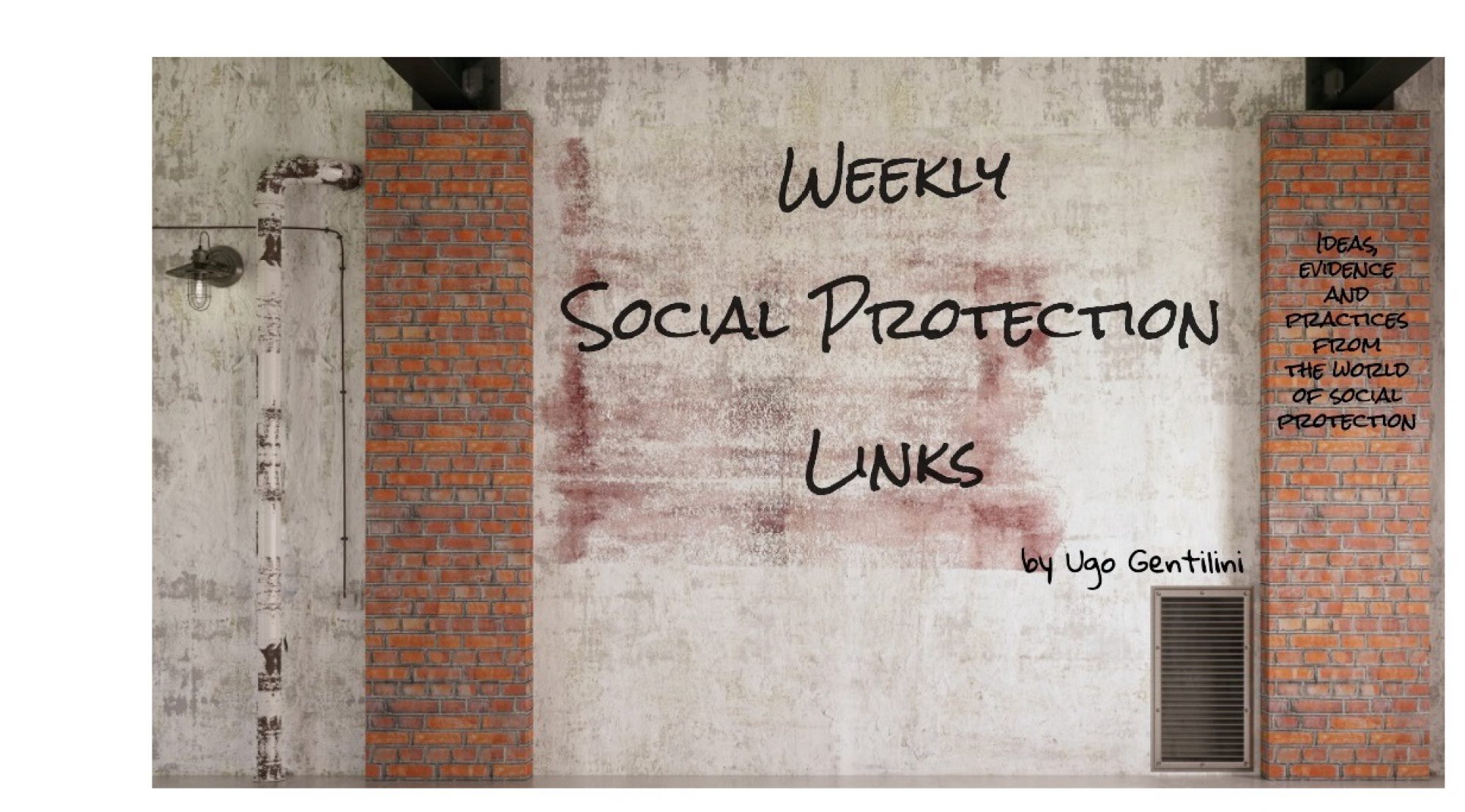The overwhelming praise for WFP‘s Nobel Peace Prize is so well-deserved!
Before embarking on a new adventure a decade ago, I had the priviledge to serve at WFP for 12 years. So I reflected on lessons that I learned during that time. Here are 10 of them. But could well be 100!
1. It’s about people. Our work is often dominated by numbers. These are essential and foundational. But we should always remind ourselves that behind numbers are people, their hopes, their faces, their stories. Empathy and a listening ear must & can coexist with sound empirics.
2. Purpose. Working in extreme settings sheds light on the underlying motivations that shape development, but that crises somewhat expose in concrete ways. And this may have a lot to do with the dignity of, respect for, and partnering with people as they pursue their aspirations.
3. It’s risky. I will never forget evacuating an IDP camp attacked by scores of rebels; or the palpable tension at distribution points in flood-affected areas; or how bravely a colleague survived kidnapping. Too many aid workers have lost their precious lives in the line of duty.
4. Bonding. In part because working in tough contexts & being subject to frequent turnovers, the bonding that is forged among colleagues in hard circumstances is special. That 18-hour workday in a crisis situation engenders complicity and friendships that stay with you forever.
5. Practice = learning. Direct engagement in practical delivery can generate exponential learning. On-the-ground immersion in implementation reveals nuances & complexities otherwise invisible. And it’s soooo exciting to bring such learning back to inform and advance analytics!
6. Organizations evolve. I was lucky to have been part of a historical, defining institutional transformation in WFP. At the time, WFP started to expand its toolbox from in-kind food to cash-based transfers. And this had system-wide implications. Quite a change in a short time.
7. Be problem-driven. Before jumping to responses, have the data to understand the nature of the problem at hand. This then forms the backbone for response choices. A wider use & application of diagnostics was not just about tools, but about thought process & cultural change too.
8. Perspective. The field-based model of actors like WFP can put ‘big development questions’ in context. I mull over those quandaries 24/7, helplessly; but big debates can lose steam as you leave the capital and go more local. It makes you think harder about what is really ‘big’.
9. Local culture. There is a precious source of local knowledge & culture in every organization. This is held by colleagues who know way more than you will ever do about a country: local staff. Spending time with them was one of the greatest mentoring & personal enrichments ever.
10. Civil society. Development activities rely heavily on the vital work of civil society, local organizations and communities — from data collection to mobilization; from implementation to capacity building. The Prize is a fitting testment to and recognition for their work too.
